News | LTH Profile Areas
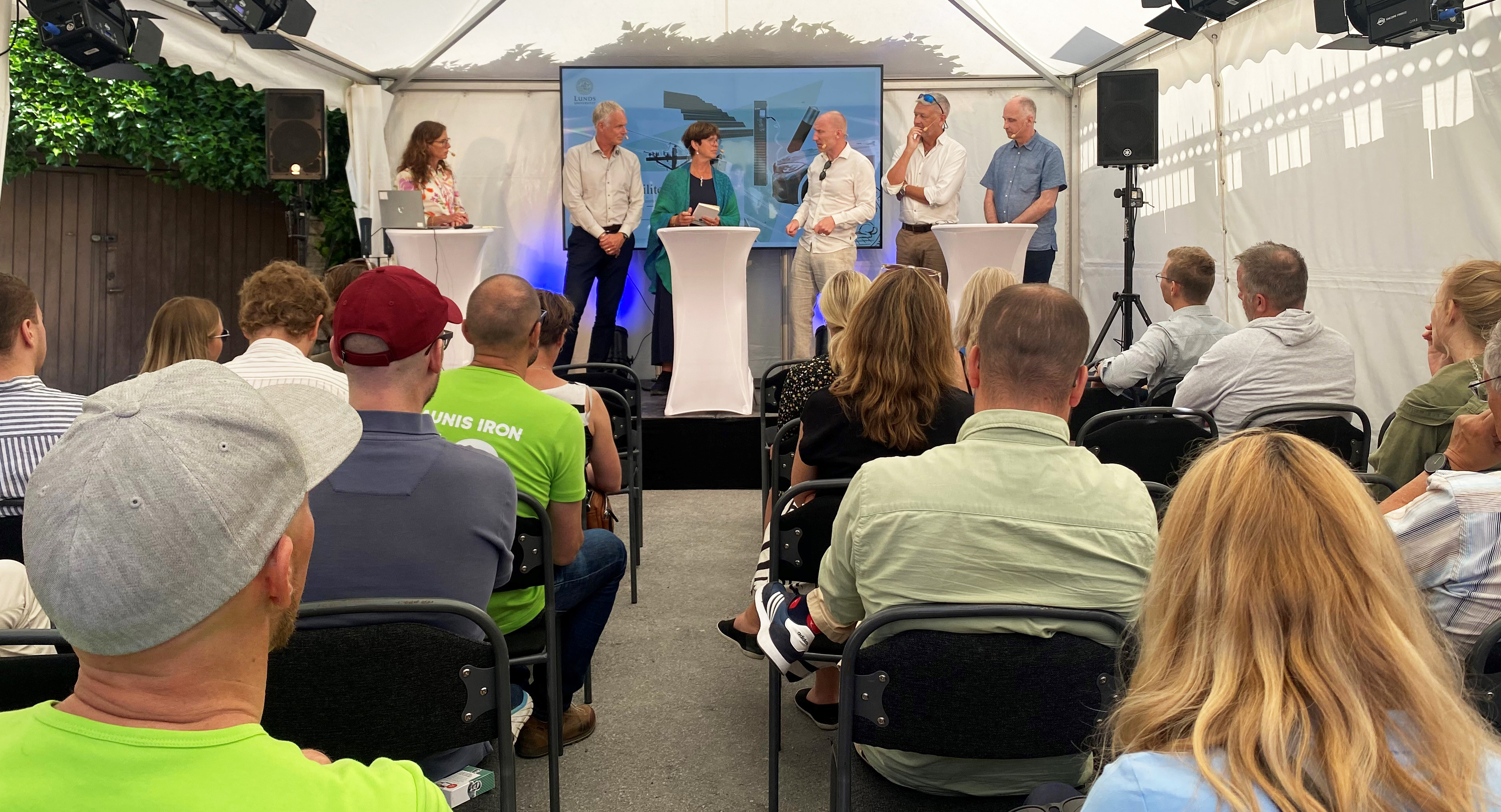
Hello Olof Samuelsson, what is happening in the Energy Transition profile area?
In this interview, we talk to professor and coordinator Olof Samuelsson about the Energy Transition profile area. We discuss the exciting activities currently underway and what we can expect in the autumn regarding research and education.
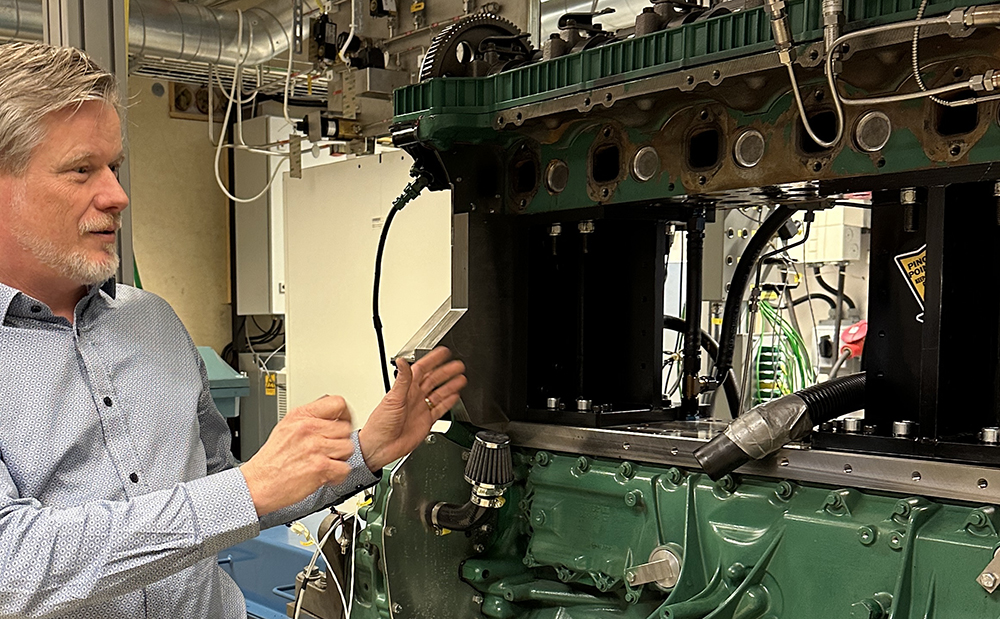
The internal combustion engine will remain important
The internal combustion engine is a subject that has been described as nasty and outdated. In fact, it is not outdated at all – but an area of cutting-edge research that is an important part of a sustainable energy transition.
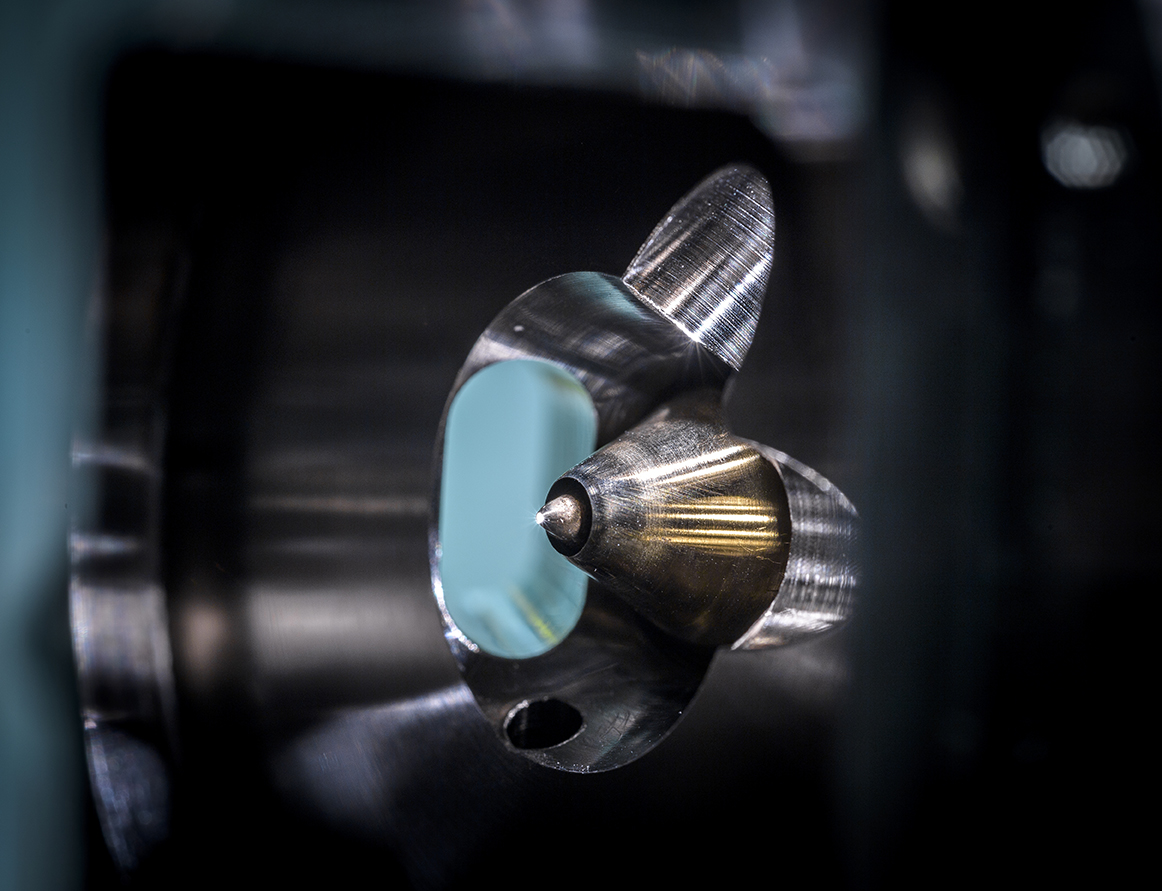
Government invests in batteries and electrification – LTH has a key role
A special government investment is now being made in research and education in electrification and battery technology. This means that Lund University and the Faculty of Engineering, Uppsala University and Chalmers University of Technology will be allocated SEK 270 million over the years 2024-2029. The strategic initiative is part of the [...]

Sustainability Week: LTH discusses solutions to the climate crisis
Reindustrialisation, coastal perspectives, circular construction and carbon capture. The topics addressed by LTH during Sustainability Week 8–13 April include solutions to the climate crisis and how to use the Earth’s resources more carefully. The programme is aimed at everyone who wants to take part in the discussions on the sustainable strategies [...]
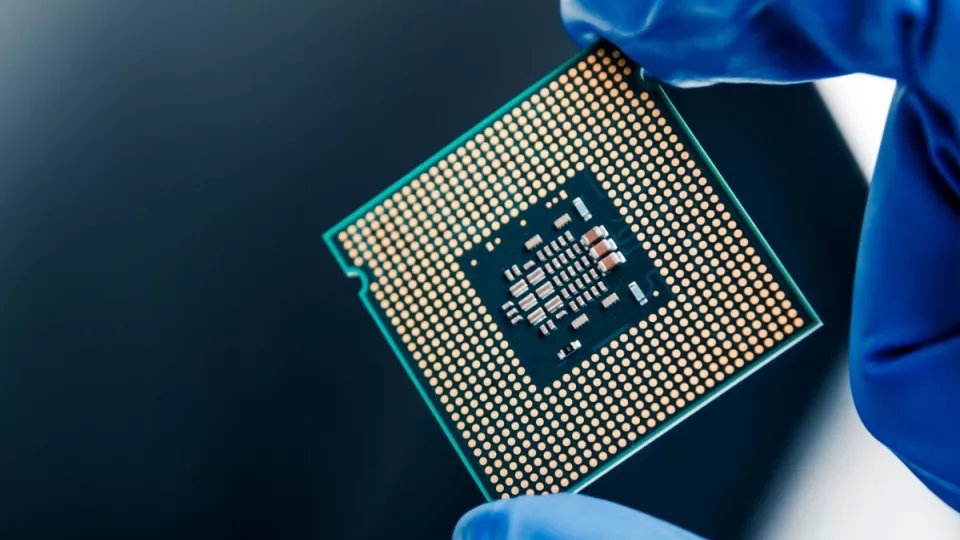
Strengthening Swedish semiconductor capability
Semiconductors – the “brains” behind electronic products and systems. Whether mobile phones, automotive, energy, home appliances, or artificial intelligence, these components (“chips”) play a key role. At the same time, Asian countries account for more than half of the world’s semiconductor chip production. Swedish semiconductor capability is now [...]
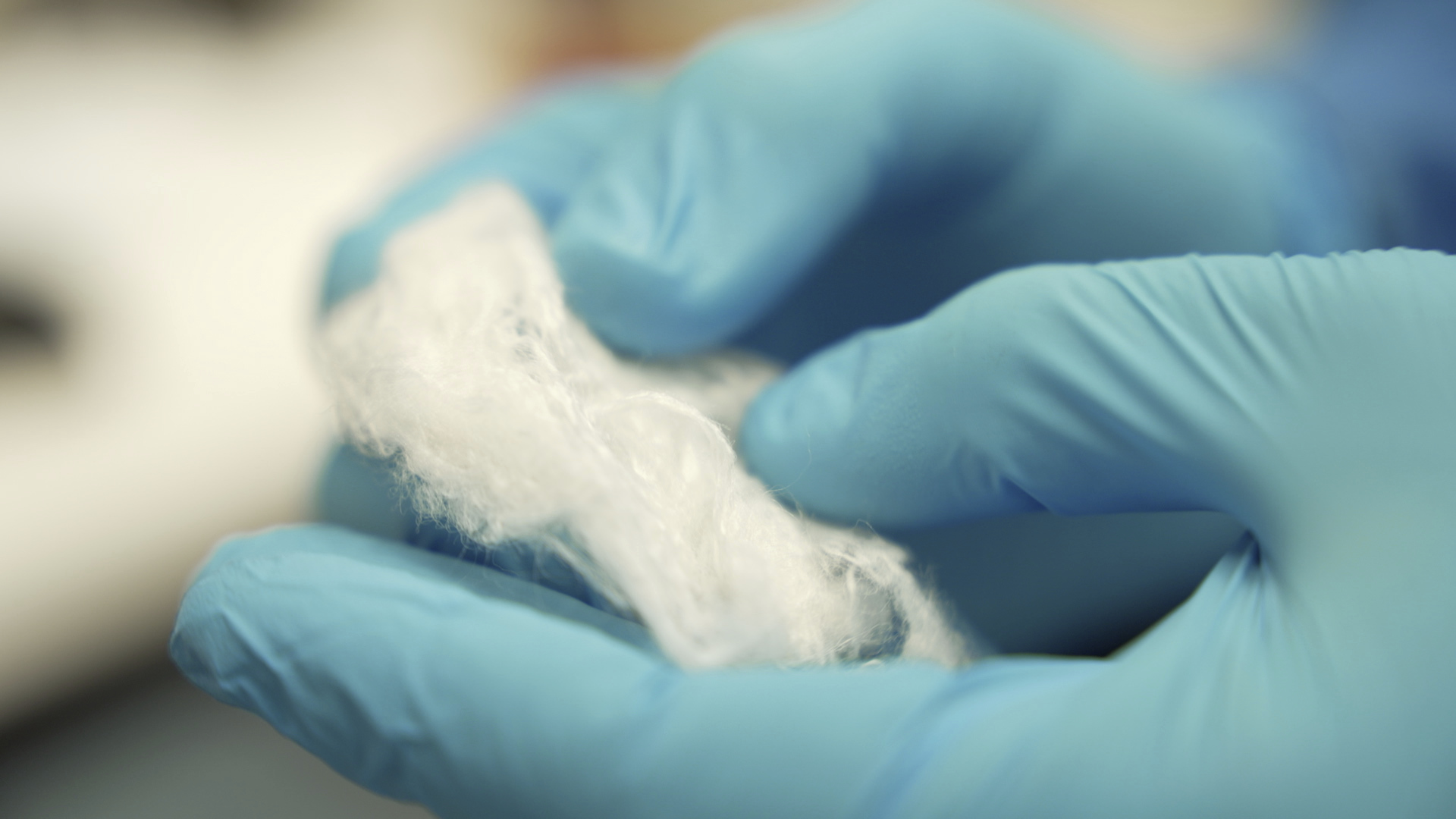
Completely recycled viscose for the first time
At present, viscose textiles are made of biomass from the forest, and there is no such thing as fully recycled viscose. Researchers at Lund University in Sweden have now succeeded in making new viscose – from worn-out cotton sheets.
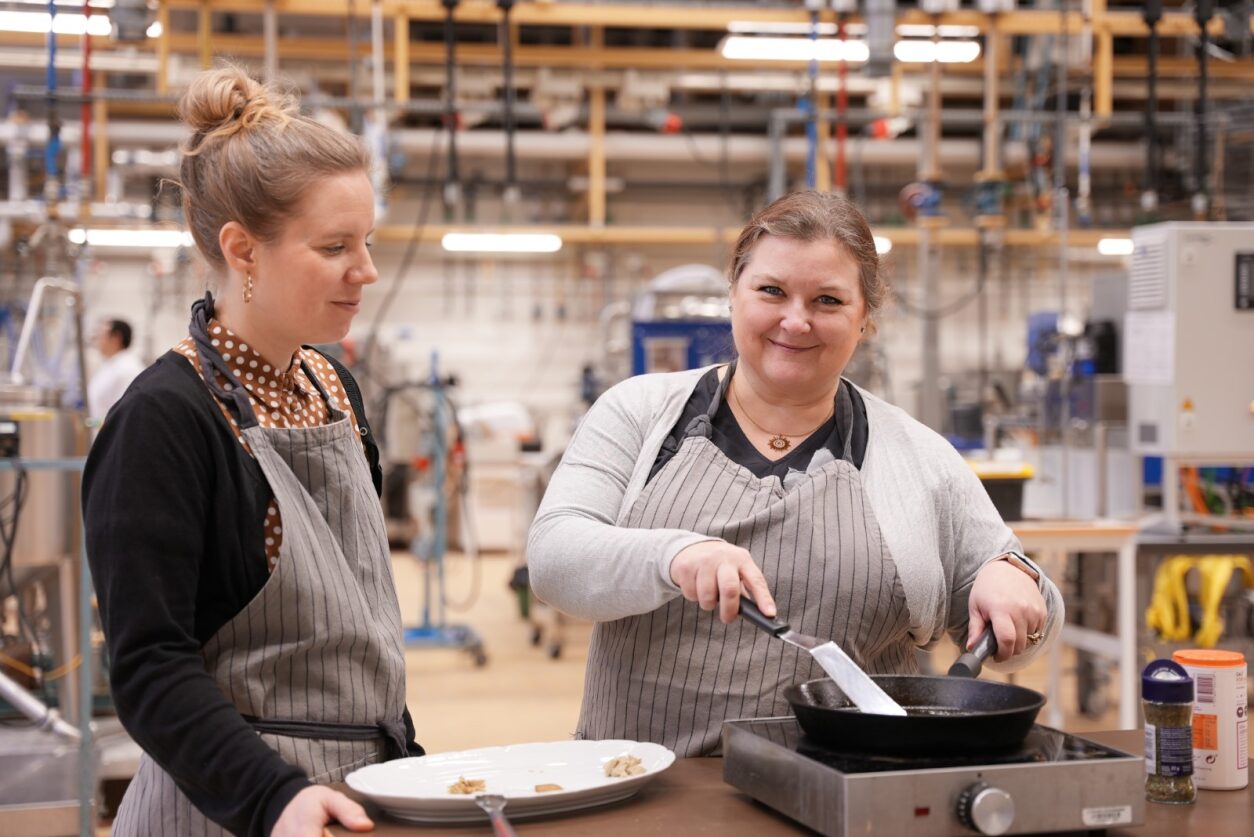
Unique manufacturing method produces more appealing vegan meat
Vegan food is often sidestepped due to its rubbery consistency. Food technology researchers at Lund University in Sweden have now developed a way to make vegan food more appetising by using new combinations of raw materials. So far, the research field for plant-based meat imitations, known as meat analogues, has been very small - but is now set to [...]

Energy efficiency key for future 6G technology
Everyone is familiar with the frustration that comes when otherwise excellent mobile phone reception suddenly drops out. The moment when all mobile communication becomes impossible. But why does this happen and what is really behind the numbers 3G, 4G, 5G, and the 6G to come?
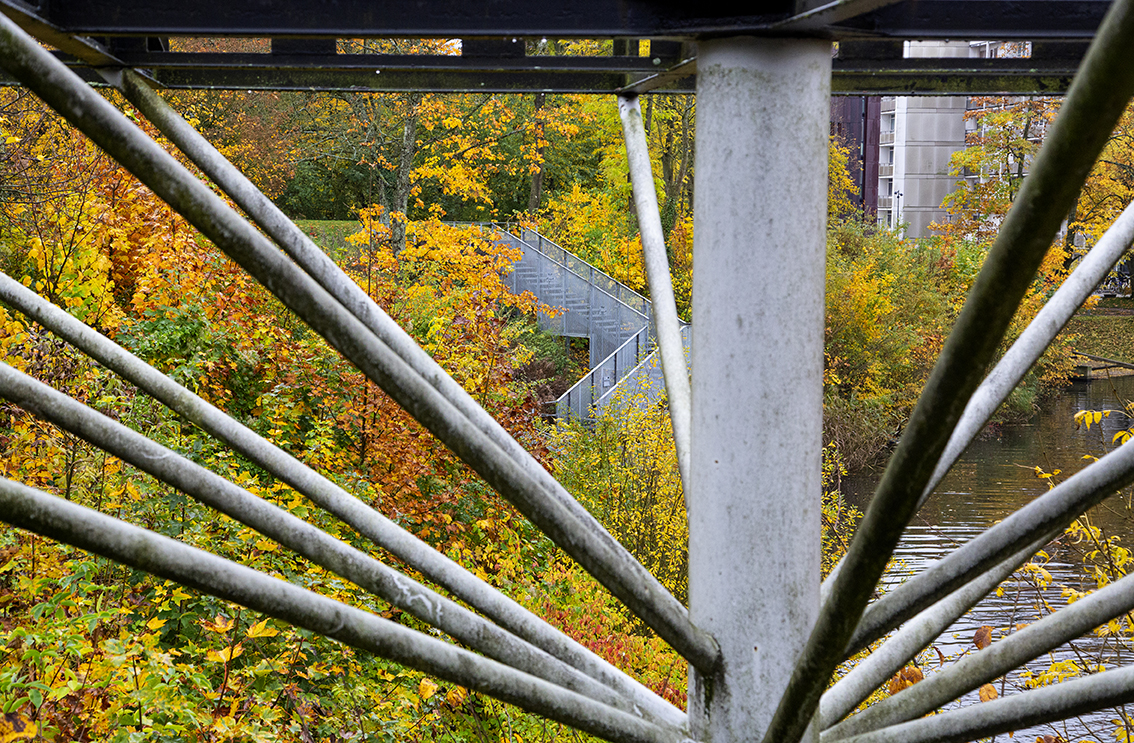
Funding to project about ultrasound-based method to detect plaques that cause strokes
Ten projects in life science, with the aim to develop an academic discovery towards an innovation and a product, receive Proof of Concept funding from Knut and Alice Wallenberg Foundation in the first call. One of the projects is related to the LTH profile area Engineering health: Novel ultrasound-based method to detect atherosclerotic plaques that [...]

Students developed four new food products from food waste
Every year, a number of Master’s students in food technology are given an assignment to develop proposals for new food products made from leftovers generated by the food industry. This year’s student groups presented four completely different, but all very tasty, variants. Read about them here!
